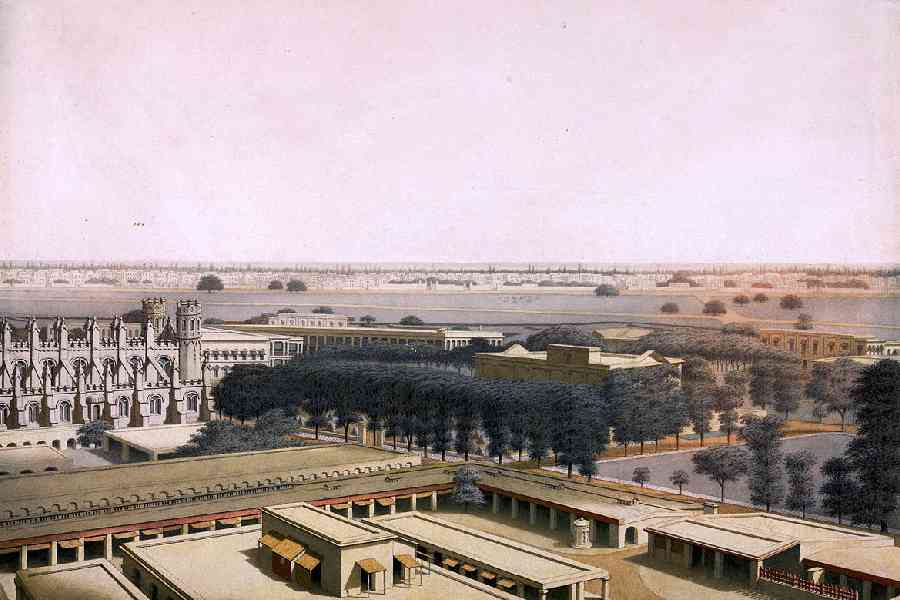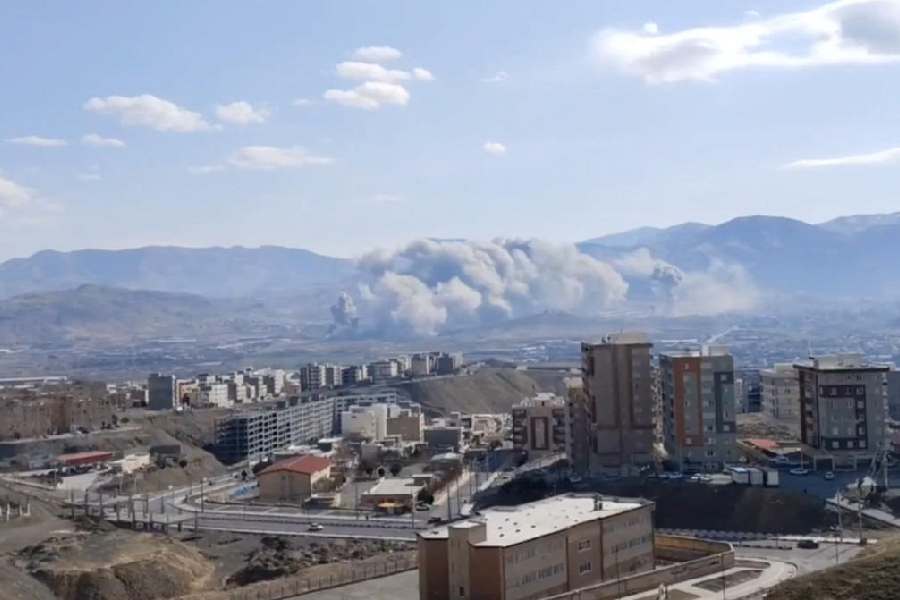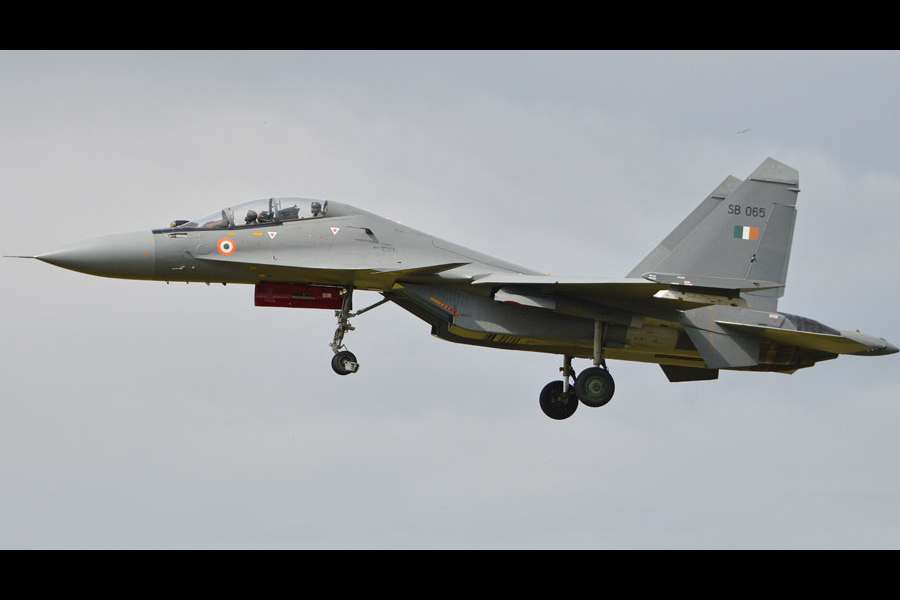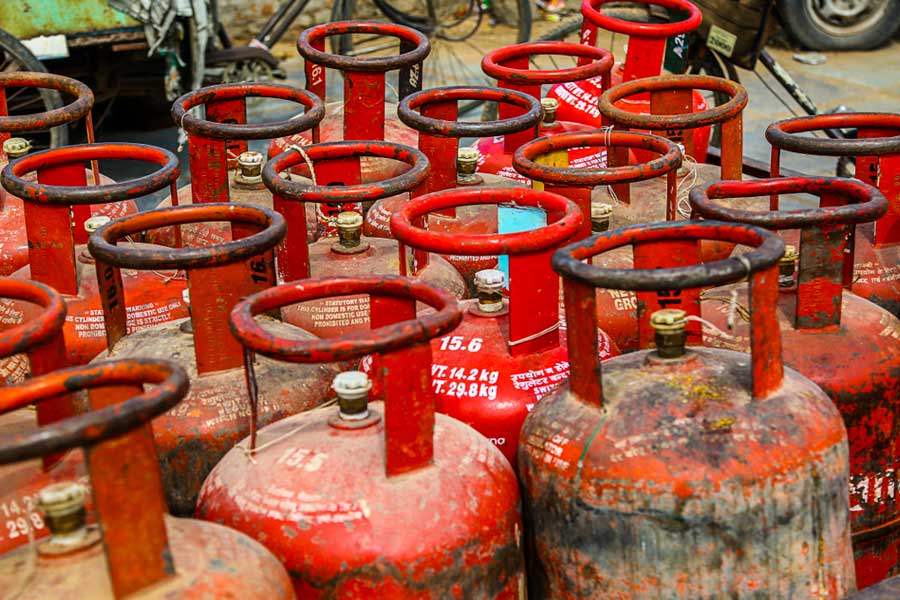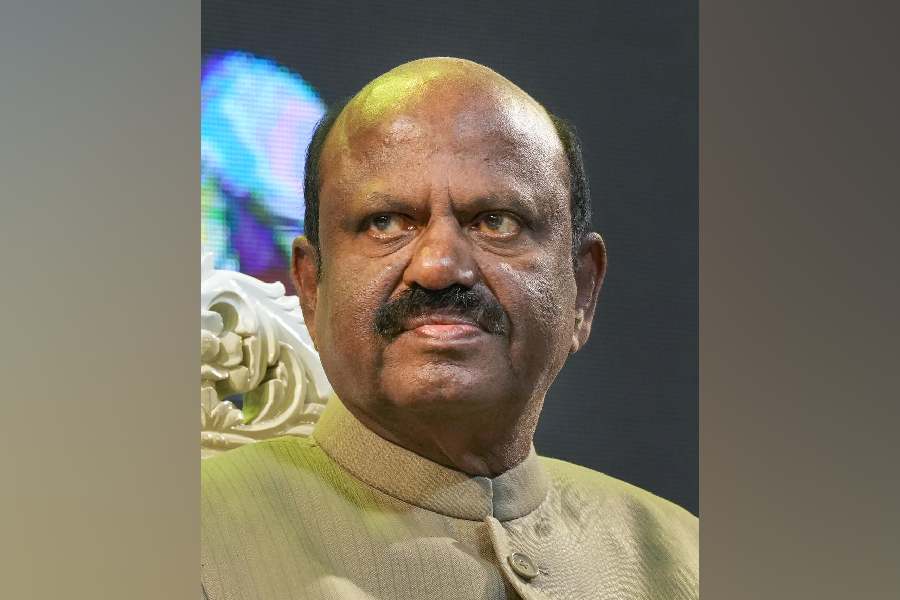The plaque outside Fort William now calls it Vijay Durg.
Senior Eastern Command officers said the name change was a tribute to the army’s “finest military victory” in 1971, which led to the creation of Bangladesh.
“Vijay Durg is a tribute to the Indian army’s finest military victory in post-Independent India in 1971 that Fort William-based Eastern Command spearheaded,” an official statement of the Eastern Command said.
“This lightning military campaign that saw the creation of Bangladesh as also the unconditional surrender of over 93,000 Pakistani troops, is celebrated on 16 December every year as Vijay Diwas to honour the historic victory and the sacrifices of our soldiers.”
The renaming comes after 325 years, according to official archives.
“The original structure of Fort William was built in 1696 by the British East India Company on the banks of the Hooghly,” says the Indian Culture portal, funded by the Union ministry of culture.
“In 1700 CE, this structure was officially named Fort William after King William III,” it says.
The construction of the present fort, as it stands on the eastern bank of Hooghly, began in the late 18th century.
The fort has six gates — Chowringhee Gate, Plassey Gate, Calcutta Gate, St Georges Gate, Treasury Gate and the tallest Water Gate, through which elephants would enter back in the days, said officers of the Eastern Command who are familiar with the history of the fort.
“St Georges Gate has been renamed as Shivaji Gate and Kitchener House as Manekshaw House. The Russell Block inside the fort, too, has been renamed, after Bagha Jatin. The Dalhousie barracks has been named the Netaji barracks,” said Wing Commander Himanshu Tiwari, the Eastern Command spokesperson.
Jatindranath Mukherjee, better known as Bagha Jatin, fell to the bullets of the British during a fight in Balasore in 1915.
In December 1940, Netaji Subhas Chandra Bose was kept in the Dalhousie barracks.
Field Marshal Sam Manekshaw was the chief of army staff during the Bangladesh Liberation War of 1971.
“The decision to make these changes was taken mid-December and is being implemented now,” Tiwari said.
Senior officers of the command, which guards international borders including China, Myanmar, Bhutan and Bangladesh, said the renaming aligned with the nationwide project to remove “vestiges of the colonial era” and “Indianise” military traditions and customs.
“This is not an attempt to rewrite or tamper with history. The Eastern Command museum inside Vijay Durg is a storehouse of the fort’s history and is open to visitors,” a senior officer said.
Many Calcuttans have expressed outrage and dismay at the renaming of Fort William.
Vijay Durg is an old fort along the Sindhudurg coast in Maharashtra that served as a naval base for the Marathas under Chhatrapati Shivaji.
Many Bengalis dubbed the renaming insensitive because they felt it revived the horrors of the Borgi (Maratha raiders) invasions in Bengal in the mid-18th century. The raids have been synonymous with merciless plunder that left a trail of horror.
The Eastern Command categorically rejected the notion that this Vijay Durg was linked to the Maharashtra fort. “Attempts to link the renaming of Fort William to anything other than the Bangladesh Liberation War is misleading and irresponsible,” Tiwari said.
More than one scholar this newspaper spoke to said they did not have a problem with the renaming. They pointed to several precedents in Calcutta, like Harrington Street becoming Ho Chi Minh Sarani; Harrison Road becoming Mahatma Gandhi Road; or Theatre Road becoming Shakespeare Sarani.
Sumantra Bose, professor of international and comparative politics at the London School of Economics and the younger son of Sisir and Krishna Bose, said: “This renaming happens everywhere in the world. If the armed forces would like to commemorate the 1971 victory, that’s fine by me. Some new names catch on while others don’t. Let’s see what happens in this case.”
A Calcutta-based historian, who did not want to be named, said: “Almost 80 years into Independence, if Fort William is renamed Vijay Durg, I think it is neutral enough. I don’t think it smells of religious fundamentalism. I would have had a problem if it was named after a Hindu fundamentalist leader.”

